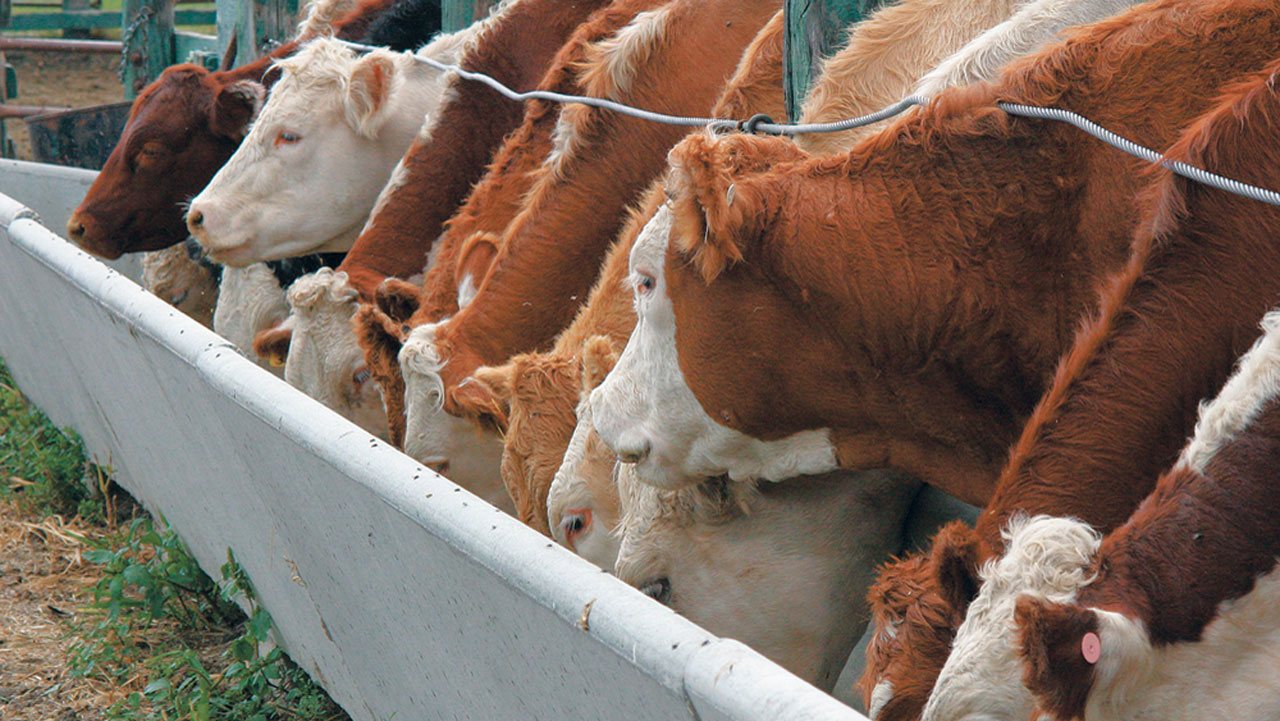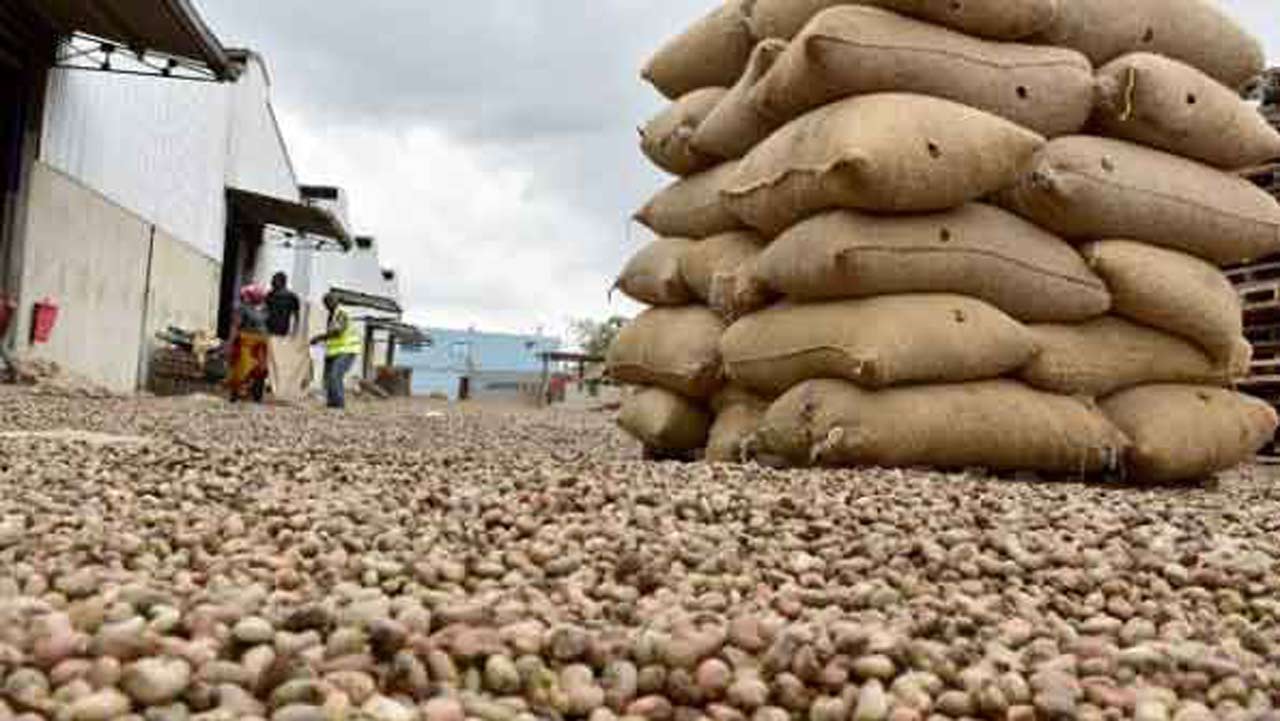The Nigerian Ports Authority (NPA) says 16 ships laden with petroleum products, food items and other goods are expected to arrive at Apapa and Tin-Can Island ports in Lagos.
NPA, in its Daily Shipping Position on Tuesday, said that the expected vessels would arrive from Oct. 27 to Oct. 29.
It said that six of the expected ships contained crude oil, five ships were laden with aviation fuel, while the remaining five contained gasoline, diesel, gas oil, and containers of different products.
The News Agency of Nigeria (NAN) reports that the document noted that two ships had arrived at the ports, waiting to berth with general cargo and bulk.
NAN reports that 19 ships are at the ports discharging general cargoes, bulk wheat, bulk gypsum, containers and petrol.
Last week, the Federal Government approved a one billion US dollar modernisation project for the Lagos ports, just as it commenced the procurement process for the modernisation of other seaports outside Lagos.
Minister of Marine and Blue Economy Adegboyega Oyetola, Represented by the Managing Director of the Nigerian Ports Authority (NPA), Dr. Abubakar Dantsoho, said the ongoing port modernisation drive is aimed at upgrading infrastructure, improving cargo handling efficiency, and expanding capacity to meet global standards.
“We are working closely with all stakeholders to achieve a paperless, technology-driven port environment that enhances efficiency, reduces turnaround time, and curbs corruption,” Oyetola said.
“As part of this commitment, the Federal Government has approved a one billion US dollar modernisation project for the Lagos ports, a landmark initiative designed to upgrade infrastructure, improve cargo handling, and expand capacity to meet global standards,” Oyetola said.
“In addition, the procurement process has commenced for similar modernisation projects at ports outside Lagos to ensure balanced development across our maritime gateways.”
Oyetola explained that the initiatives reflect the administration’s determination to boost logistics performance and competitiveness within the marine and transport sectors, positioning Nigeria as a preferred hub for maritime trade and investment.
He noted that through strategic interventions such as the Deep Blue Project, Nigeria has sustained a record of zero piracy incidents in the past three years.
“Since the inception of the Ministry, we have focused on strategic reform and institutional strengthening. With the Deep Blue Project and other interventions, we are safeguarding our maritime domain to encourage investment and reduce the cost of doing business.”






